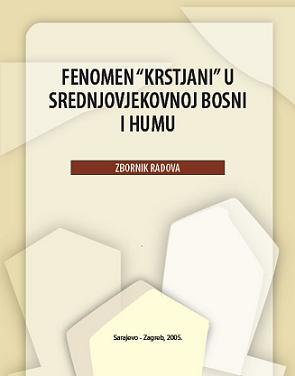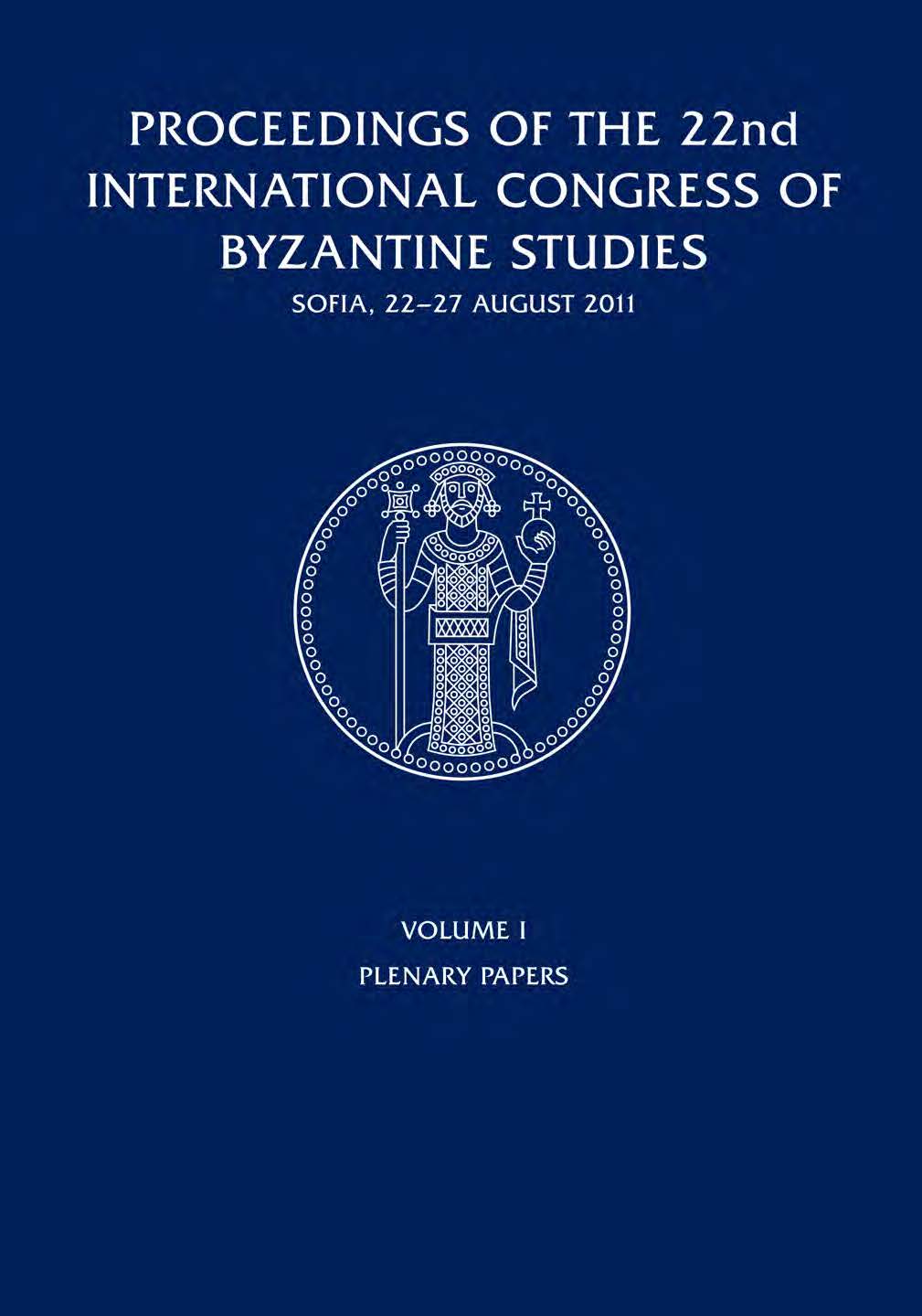
Rukopisi Crkve bosanske
It is known that the manuscripts created in the Church of Bosnia are not to be avoided in resolving the issues of the Church of Bosnia, especially the matter of its teaching and identity. Some tried to find indications of dualistic beliefs in them. Solovjev believed the term inosuç›nÅ, mentioned in Our Father cited in the St.Luke’s Gospel (Lk 11,3) and the Gospel according to St Nicholas (hl‡b› na{› inosuç›n°i) was a “mystical epithet”, that it symbolized Manichaeism that could only represent “other substance”, “other being” thus coming closer to the term supersubstantialis mentioned in the Cathar texts. He believed that traces of Docetism were evident in the term izde in the usual position of the expression was born (iz› nee`e iz°de isusÅ). Solovjev found correspondence with the dualist teaching in the expression inočedyi sinь (jesus) falsly interpreting it as “second-born”. Jaroslav Šidak, in a well-argumented manner, already proved that the abovementioned expressions do not show the heresy of the Church of Bosnia. Šidak’s arguments in this article are further substantiated by additional examples from Old Church Slavonic canonical manuscripts and Croatian Glagolitic manuscripts. The latter was possible because Slovnik jazyka staroslověnskeho (Dictionary of Old Church Slavonic) built on the entire corpus of Old Church Slavonic canonical (and other) manuscripts. It laid out all the terms and explained them in detail. At the moment, a complete integral corpus of Croatian Glagolitic sources is available in excerpts in Rječnik crkvenoslavenskoga jezika hrvatske redakcije (The Dictionary of Old Church Slavonic of Croatian Redaction) stored in the Old Church Slavonic Institute in Zagreb (11 volumes of A-VSUE were published). Šidak’s arguments are substantiated with the examples of the author’s research of Bosnian scripts, chiefly Our Father. Enclosed to this article is a list of Church of Bosnia manuscripts with a basic codicological data and references so that, at last, all the known manuscripts of the Church of Bosnia could be found listed in one place.
More...
